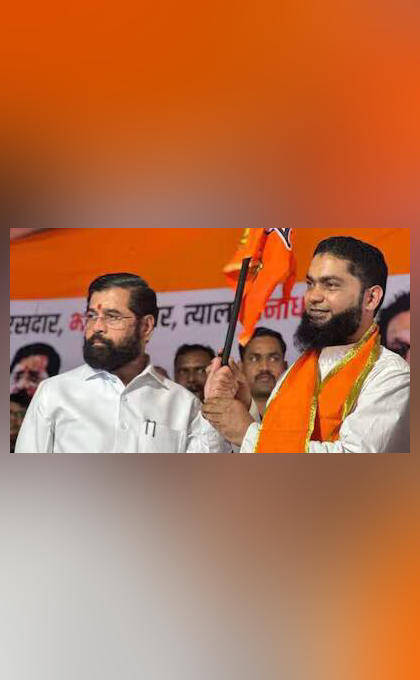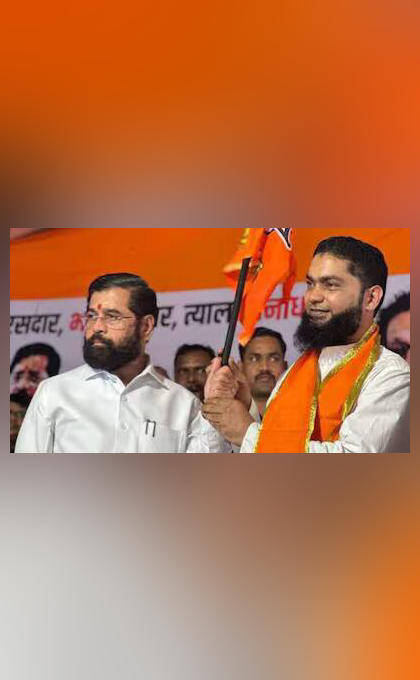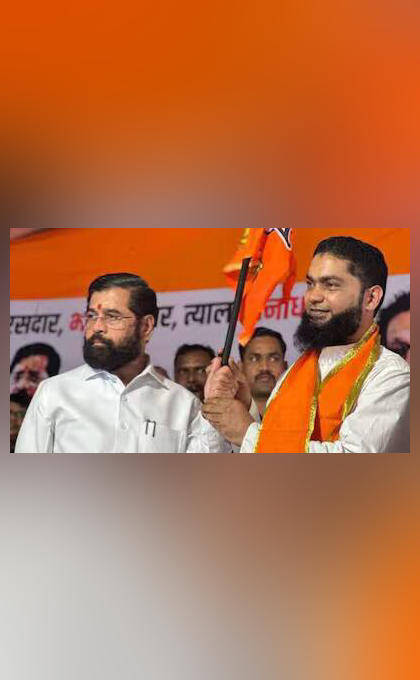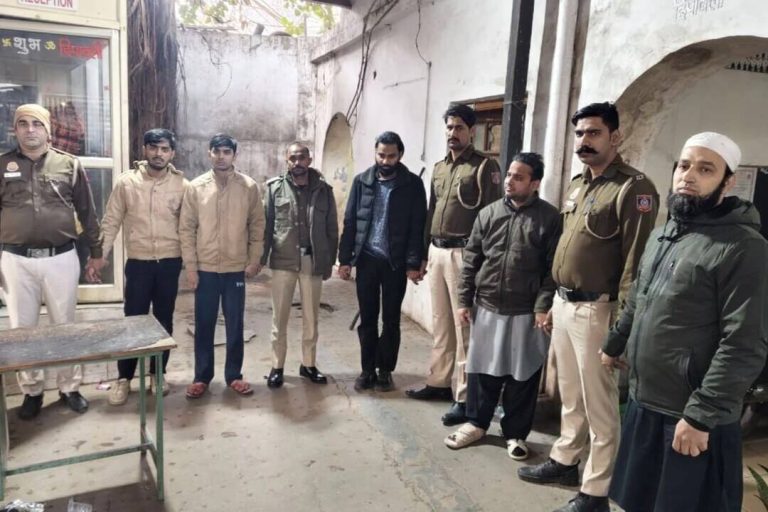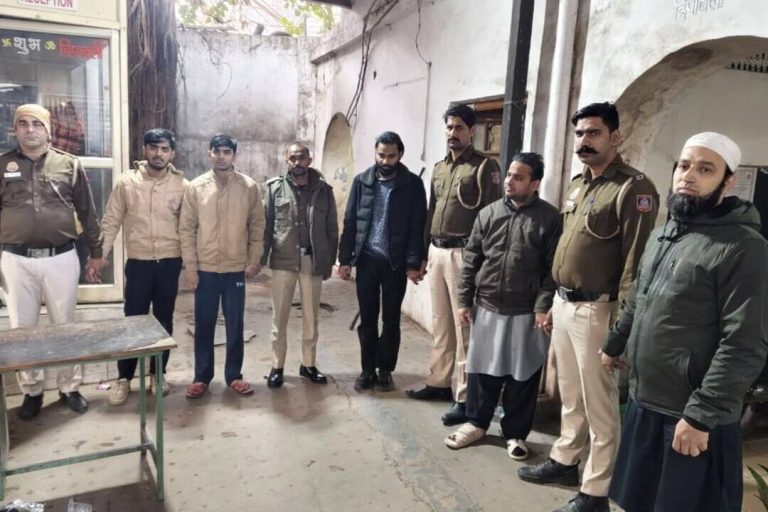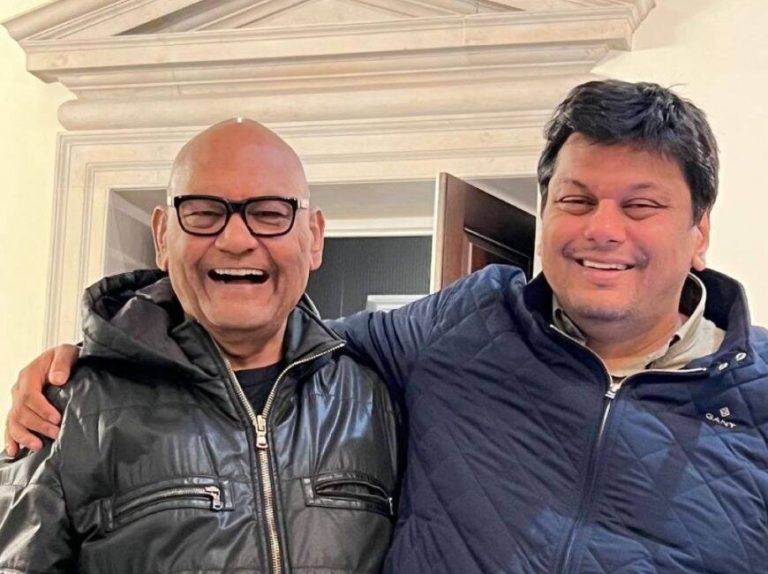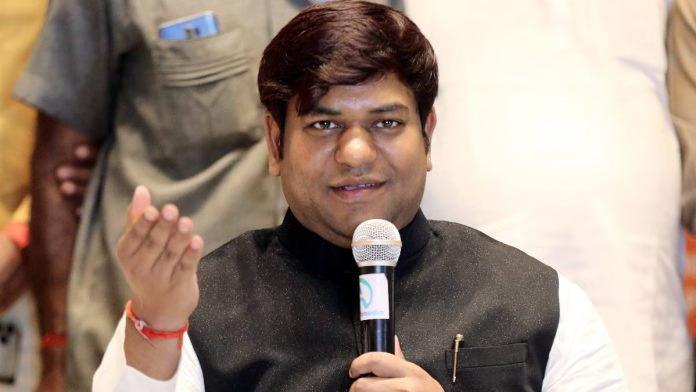
Family Matter: VIP Chief Mukesh Sahani Reacts to Lalu Family Rift
The recent rift in the family of Lalu Prasad Yadav, the veteran politician from Bihar, has been making headlines in the Indian media. The family dispute, which has led to four of his daughters quitting their Patna residence, has sparked a lot of debate and discussion among the political circles. Reacting to the ongoing situation, Vikassheel Insaan Party (VIP) chief Mukesh Sahani has shared his thoughts on the matter, stating that internal tensions often surface after electoral setbacks.
According to Sahani, the current situation in the Lalu family is a “family matter” and should be treated as such. “This is their family matter…It often happens if there is a defeat, blame is put on one person…I think this is not right…We should learn from our mistakes and move forward,” he told the media. Sahani’s comments come at a time when the Lalu family is facing a lot of criticism and scrutiny over their internal disputes, which have been played out in the public domain.
The rift in the Lalu family began after his daughter, Rohini Acharya, accused her brother, Tej Pratap Yadav, of threatening her and her husband. This led to a war of words between Rohini and her siblings, including Tejashwi Yadav, who is the current leader of the opposition in the Bihar assembly. The situation took a turn for the worse when four of Lalu’s daughters, including Rohini, decided to quit their Patna residence, citing “security concerns” and “harassment” by their brother, Tej Pratap.
The Lalu family has been at the center of Bihar politics for decades, with Lalu Prasad Yadav serving as the chief minister of the state on multiple occasions. However, in recent years, the family has faced a lot of challenges, including electoral setbacks and internal disputes. The current rift in the family has raised questions about the future of the party and the leadership of Tejashwi Yadav, who is seen as the successor to Lalu’s legacy.
Sahani’s comments on the Lalu family rift are significant, as they reflect the views of a key ally of the party. The VIP chief’s statement that internal tensions often surface after electoral setbacks is a veiled reference to the party’s recent performance in the Bihar assembly elections, where they failed to make a significant impact. Sahani’s party had contested the elections in alliance with the Rashtriya Janata Dal (RJD), which is led by Lalu Prasad Yadav.
The RJD’s poor performance in the elections has been attributed to a number of factors, including internal disputes and lack of strong leadership. The party’s failure to capitalize on the anti-incumbency factor and the lack of a clear vision for the state’s development have also been cited as reasons for their poor show. In this context, Sahani’s comments on the Lalu family rift can be seen as an attempt to deflect attention from the party’s own failures and shortcomings.
However, Sahani’s statement also reflects a deeper truth about the nature of politics in India. The fact that internal tensions often surface after electoral setbacks is a common phenomenon in Indian politics, where parties and leaders are often quick to blame each other for their failures. This culture of blame-shifting and finger-pointing can be damaging to the party and its leadership, as it undermines the morale of the workers and creates an atmosphere of distrust and suspicion.
In the case of the Lalu family, the current rift has raised questions about the future of the party and the leadership of Tejashwi Yadav. The fact that four of Lalu’s daughters have quit their Patna residence, citing “security concerns” and “harassment” by their brother, Tej Pratap, has created a sense of uncertainty and instability within the party. The situation has also sparked a lot of speculation about the possible outcomes, with some analysts predicting a split in the party or a change in leadership.
In conclusion, the Lalu family rift is a complex and sensitive issue that requires careful handling and attention. While Sahani’s comments on the matter are significant, they also reflect a deeper truth about the nature of politics in India. The fact that internal tensions often surface after electoral setbacks is a common phenomenon in Indian politics, where parties and leaders are often quick to blame each other for their failures. As the situation in the Lalu family continues to unfold, it remains to be seen how the party and its leaders will respond to the challenges and opportunities that lie ahead.
Source: https://thecsrjournal.in/rohini-daughter-lalu-prasad-yadav-four-daughters-quit-patna-residence/
